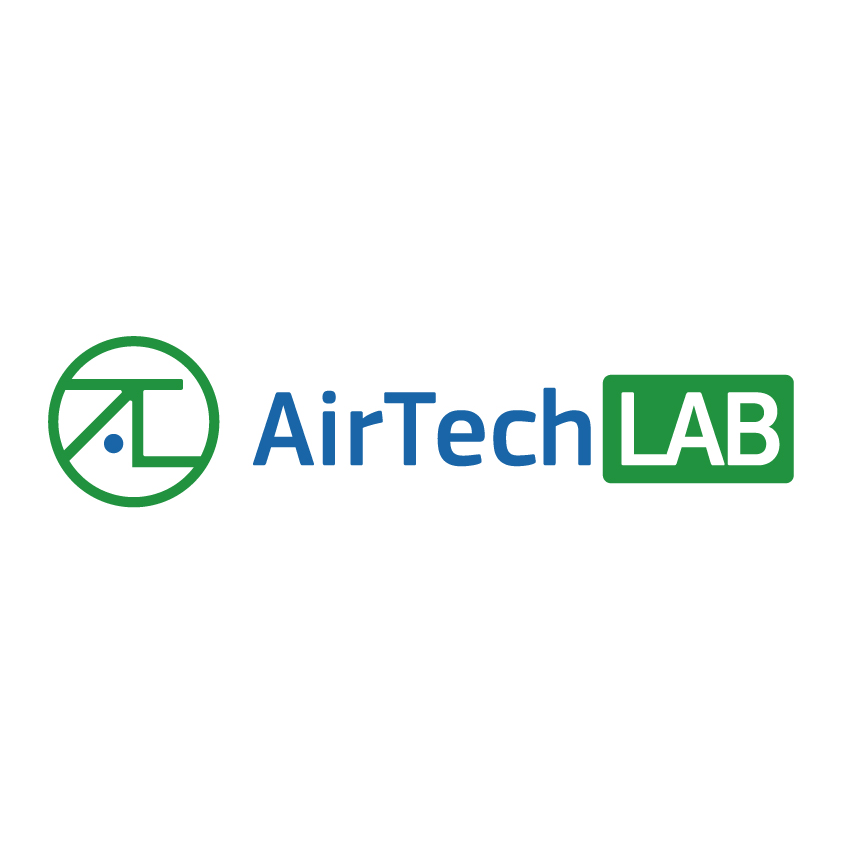Description
The purpose of the laboratory is to develop and implement integrated methodologies for understanding atmospheric chemical and physical processes and assessing their interactions with human health. The objectives of the lab focus on topics of scientific interest in the field of atmospheric chemical processes and their social effects. The main thematic area of the lab is: Environment and Health.
– Application of advanced technologies for monitoring & analysis of physicochemical factors at all scales of the atmosphere.
– Chemical composition of particulate matter (PM) through sampling of filters followed by laboratory analysis, with emphasis on the main components of the aerosol such as organic (polycyclic hydrocarbons), ionic composition (chloride, sulfate, nitrate, phosphate, ammonium).
– Comprehensive study of the indoor air quality of buildings including all chemical factors (particles, organic and inorganic pollutants), as well as physical parameters (eg. temperature, light intensity, ventilation) that determine the comfort of users inside them.
– Large-scale studies of parameters that determine the overall comfort of people in an indoor environment (home, workplace, school, etc.), through targeted questionnaires and their statistical correlation with indoor air quality, ventilation, socio-economic level of participants etc.
– Development and application of computational techniques for the detection of sources of air pollution (Source Apportionment) outdoors/indoors and estimation of their contribution based on physicochemical parameters using receptor models. Study of factors optimizing the computational tools.
– Investigation of the effect of meteorology on the pollution levels of a wider area and a combined study with application of receptor models (source apportionment).
– Methodologies for assessing the effects of air pollution and environmental pressures on human health and well-being (estimation of personal exposure of the population with computational tools).
– Investigation of greenhouse gas (GHG) levels and their emission sources as major atmospheric components with a direct impact on climate change (development of an innovative sampling system – analysis of GHGs).
– Study and assessment of severe environmental events from specific sources or as a result of disasters such as suburban forest fires and industrial accidents.
– Development of methodologies and systems for assessing the activity of innovative technologies for the improvement of the atmospheric environment.
– Contribute to policy decisions and guidelines related to the resilience of the urban environment to air pollution as well as to harmonization with European standards.






